When an air conditioning unit begins blowing warm air, it can quickly turn a comfortable home into an uncomfortable space. Identifying the root causes of this issue is essential to restoring comfort and efficiency. For those in need of AC repair in Port Charlotte, understanding the potential problems causing warm air can be helpful in ensuring timely and effective solutions.
Common Causes of Warm Air from AC Units
Thermostat Misconfigurations
A frequent and straightforward cause of warm air is incorrect thermostat settings. Ensure that the thermostat is set to ‘cool’ and that the target temperature is lower than the room’s current temperature. Sometimes, simple mistakes like setting the thermostat to ‘heat’ or ‘fan only’ can lead to warm air circulation.
Insufficient Refrigerant
Refrigerant plays a critical role in cooling air within the AC unit. If refrigerant levels are low due to leaks or undercharging, the system can’t cool the air effectively, resulting in warm airflow. Regular inspections can help detect leaks early and maintain proper refrigerant levels.
Blocked Air Filters
Dirty or clogged air filters hinder airflow, causing the system to overheat and blow warm air. Regular replacement or cleaning of air filters is a simple yet vital maintenance step to prevent this issue.
Issues with System Components
Compressor Malfunctions
The compressor circulates refrigerant through the AC system. If it fails or experiences issues, the system cannot adequately cool the air. A malfunctioning compressor may require professional repair or replacement to restore optimal function.
Problems with the Evaporator Coil
The evaporator coil absorbs heat from the air inside your home. If it becomes frozen or damaged, it can lead to warm air being blown from the vents. Maintaining the coil and addressing problems promptly can prevent these issues from escalating.
Importance of Regular Maintenance
Routine Checks
Regular maintenance checks can identify potential problems before they become major issues. Understanding why AC makes loud noise can also assist in diagnosing related problems that might affect cooling performance.
Cleaning and Upkeep
Maintaining a clean AC unit is crucial for efficient operation. Learning about how to maintain an air conditioner can help prevent many common issues that lead to warm air. Regular cleaning and upkeep of essential components like filters, coils, and fins ensure optimal performance.
When to Seek Professional Help
Persistent Warm Air
If your AC continues to produce warm air despite troubleshooting, it’s time to consult a professional technician. Persistent issues might indicate complex problems that require expert diagnosis and repair.
Strange Noises and Decreased Performance
Unusual sounds and warm air from your AC unit may indicate various issues within the system. Consulting a professional can effectively resolve these problems, ensuring your comfort during hot weather.
Conclusion
Grasping the reasons why your AC may be blowing warm air is vital for maintaining a comfortable home. Regular maintenance, proper thermostat settings, and prompt professional assistance are crucial for ensuring your AC unit operates efficiently. By addressing potential issues early on, homeowners can enjoy a dependable cooling system throughout the summer months.
Frequently Asked Questions
1. What should I do first if my AC is blowing warm air?
Verify the thermostat settings to ensure it is set to ‘cool’ and the temperature is lower than the room’s current temperature.
2. How often should I replace or clean my AC filters?
It’s advisable to check and replace or clean air filters every one to three months, depending on usage and environmental conditions.
3. Can low refrigerant levels cause warm air output from my AC?
Yes, low refrigerant levels can prevent the AC from cooling air effectively, leading to warm air being blown through the vents.

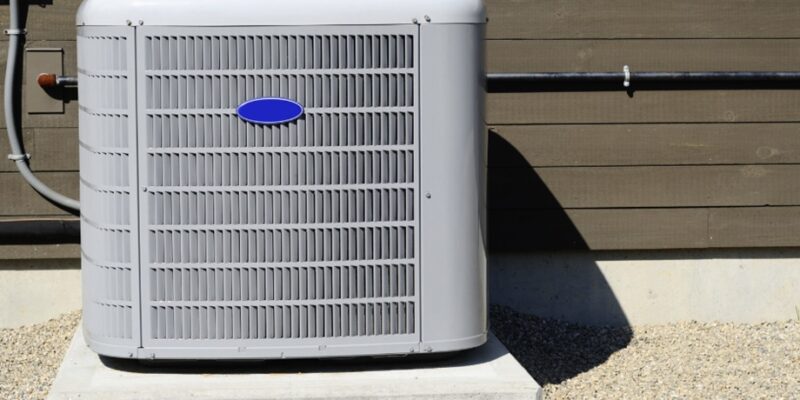
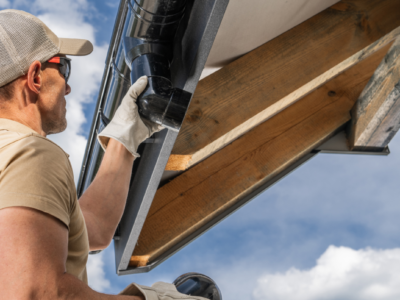
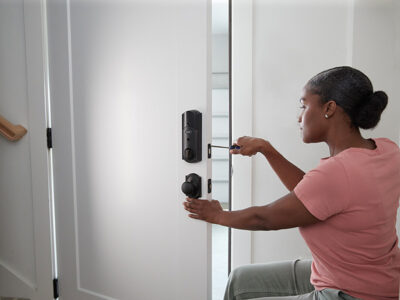
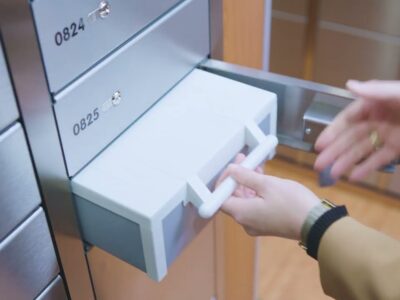
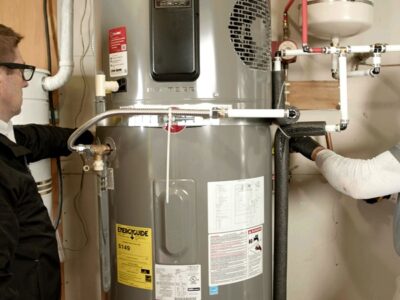










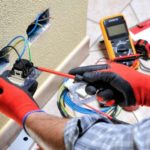


Comments